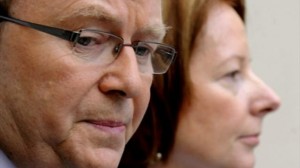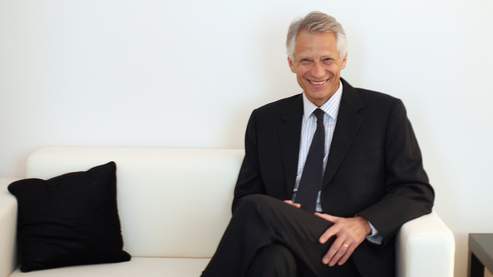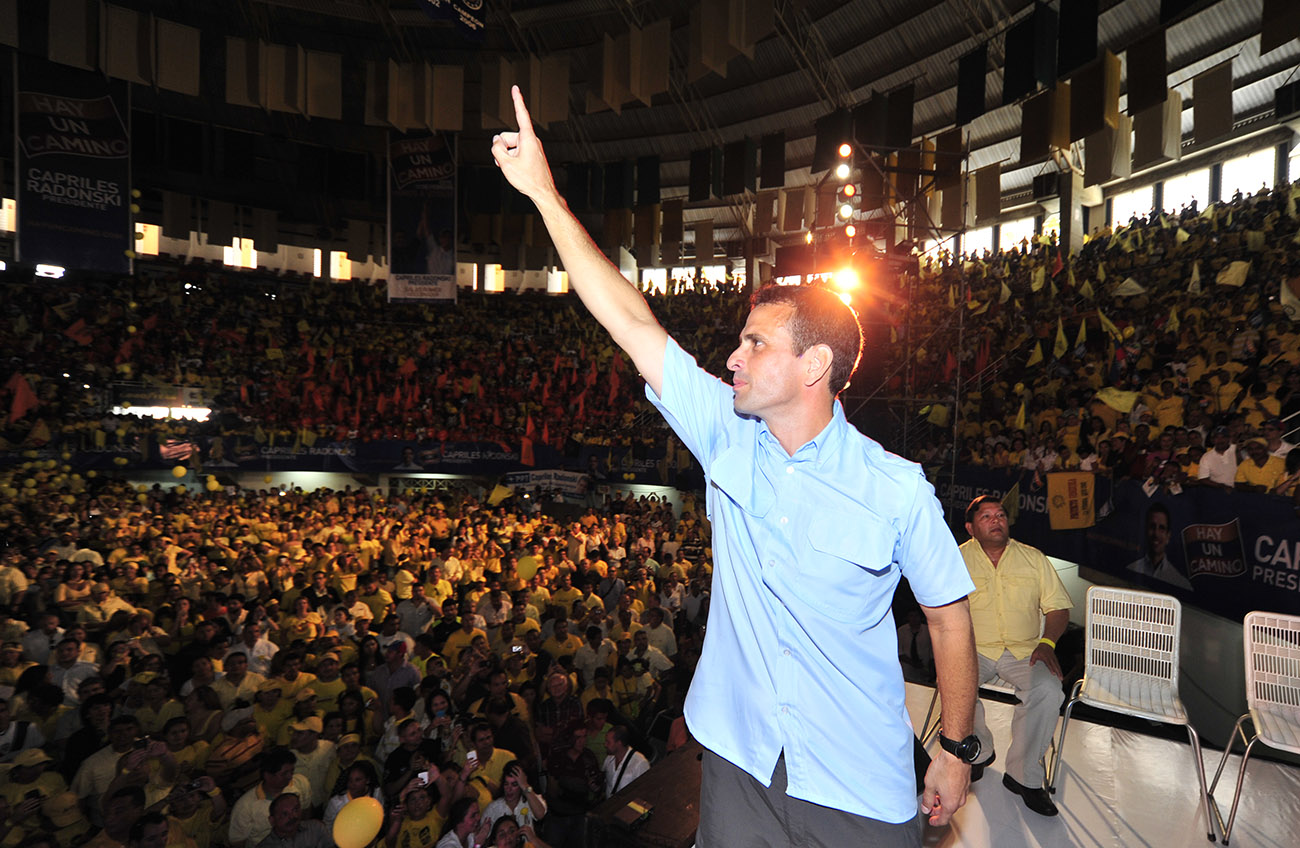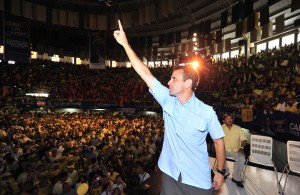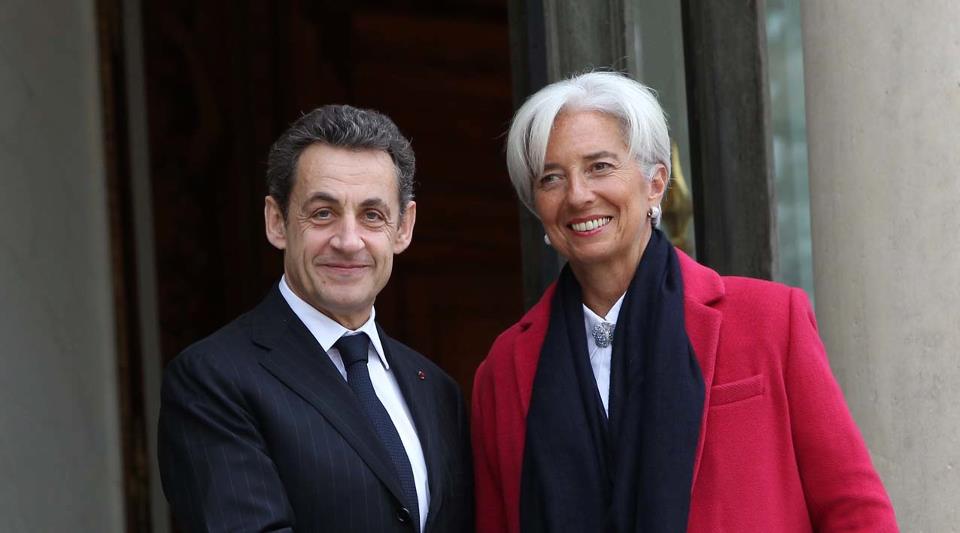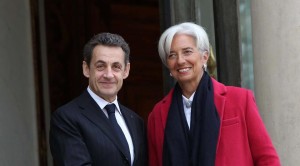Not to be outdone by Putin’s sexy ads targeting younger Russian voters, Mikhail Prokhorov campaigns in rap yesterday in Russia. If neither the New Jersey Nets and the presidential election don’t work out for Prokhorov, maybe he should team up with Jay-Z?![]()
With the latest survey showing that Putin will win the first round of the March 4 presidential election with 66% of the vote (with Communist Party rival Gennady Zyuganov picking up just 15% of the vote for second place), it’s becoming clearer than ever that Prokhorov is not the serious candidate he perhaps once claimed.
